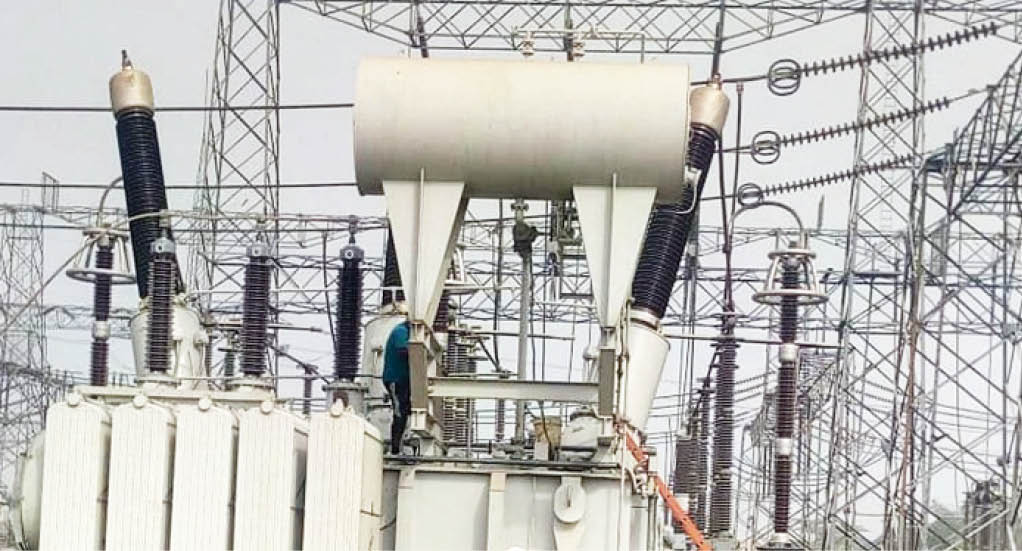The federal government has begun the construction of a 132-kilovolt transmission line, a substation and a switching station in Ekiti State to raise the state’s bulk supply by 204 megawatts (MW).
The minister of Power, Engr. Abubakar D. Aliyu, during the groundbreaking ceremony in Ado Ekiti on Wednesday, said the project consists of a 50-kilometre stretch of 132kV transmission line from Ikere (Ado Ekiti) with a turn in-turn out at Ijesa Isu that terminates at Ilupeju Ekiti.
- Dariye to run for Senate after prison release
- Tinubu fit for presidency but my loyalty is for Atiku – Nnamani
It also has a 2X60MVA, 132/33kV transmission substation with four line bays at Ijesa Isu Ekiti with a switching station at Ikere (Ado Ekiti) in the state.
The minister, who was represented by the Managing Director and CEO of the Transmission Company of Nigeria (TCN), Engr. Sule Ahmed Abdulaziz, said: “For TCN, this is a very strategic project and we believe it will have a massive impact on bulk power transmission in Ekiti and environs.”
According to a statement by TCN, the minister said in various transmission regions nationwide, TCN is equally executing substations and lines projects, which are all at various stages of execution.
“These are a clear indication that the federal government is not relenting in its determination to ensure that the nation’s power sector receives the desired boost.
For the residents of Ekiti State and its environs, the additional 204MW capacity to the grid means that more bulk supply will be readily available for offtake by Benin DisCo for its customers in Ekiti and environs,” he noted.
The substations’ project also takes care of suppressed load in this axis and relieves the Ado-Ekiti substation, which has been overburdened to ensure a more reliable electricity supply to the people of Ekiti, he added.
In his remarks, the Governor of Ekiti State, Kayode Fayemi, said the state receives only 26MW of electricity from the national grid.
“This level of electricity supply is worrisome and grossly inadequate going by the energy needs of our population, estimated to be around 150 megawatts in 2014.
“Beyond this intolerable level, the quality of the electricity supply is grossly below standard due to the non-availability of adequate 132/33kV transmission lines and the associated equipment that can help improve the quality of power to be delivered to our people, especially those in the interior and the rural areas,” Fayemi stated.

 Join Daily Trust WhatsApp Community For Quick Access To News and Happenings Around You.
Join Daily Trust WhatsApp Community For Quick Access To News and Happenings Around You.


